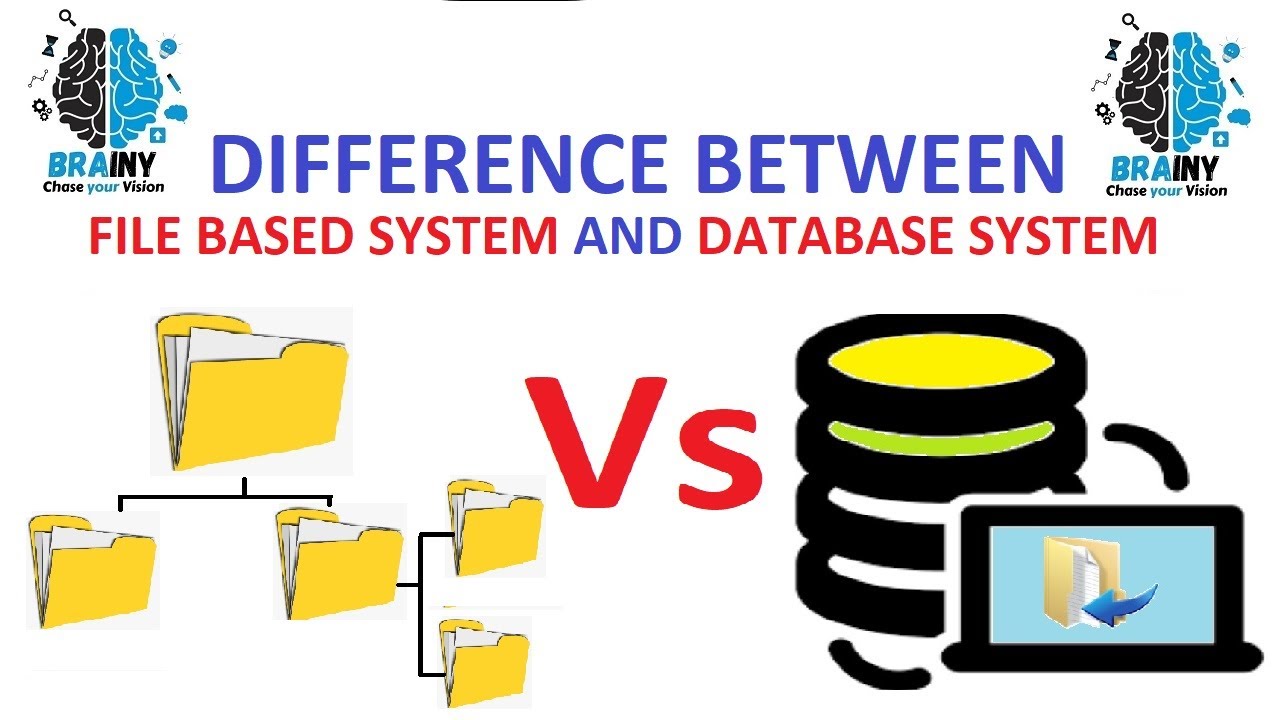A file-based database is a type of database system that stores its data as files on a local or remote hard disk or other storage media. This type of database system is typically used in applications which need to store or access large amounts of data, as well as applications where the data is updated or modified frequently.
Unlike a traditional database management system (DBMS), a file-based database does not require an installed client or server, and is instead managed directly by the application that is using the database. As a result, file-based databases are often easier to set up and use than a DBMS, and are often the preferred option for smaller businesses or individuals working on projects that do not require the complexity of a full-fledged DBMS.
File-based database systems can be designed in a range of different ways, depending on the type of application that is using the database as well as the desired data structure. Generally, file-based databases will use either structured file formats, such as Comma Separated Values (CSV) or Extensible Markup Language (XML) files, or unstructured file formats such as plain text files. In some cases, specialized data formats are used, such as JSON (JavaScript Object Notation).
Although file-based databases offer a number of advantages over bulky, complex DBMS systems, they are not without their drawbacks. In particular, file-based databases lack features for querying, sorting, and other operations that are common in DBMS systems, and they often require more manual processing of the data. Additionally, they may not be suitable for very large datasets, as searching through an entire file-based database can become increasingly difficult and time-consuming.
Nonetheless, file-based databases remain a popular choice for smaller projects, and several open source solutions are available that can provide all the features that are typically necessary for such projects.
References:
1. Kahn, Joseph and Kumpf, Robert (2019). Database Systems: An Introduction. Oxford University Press.
2. Lemay, Laura (2020). A Guide to Different Database Formats. O’Reilly Media.





